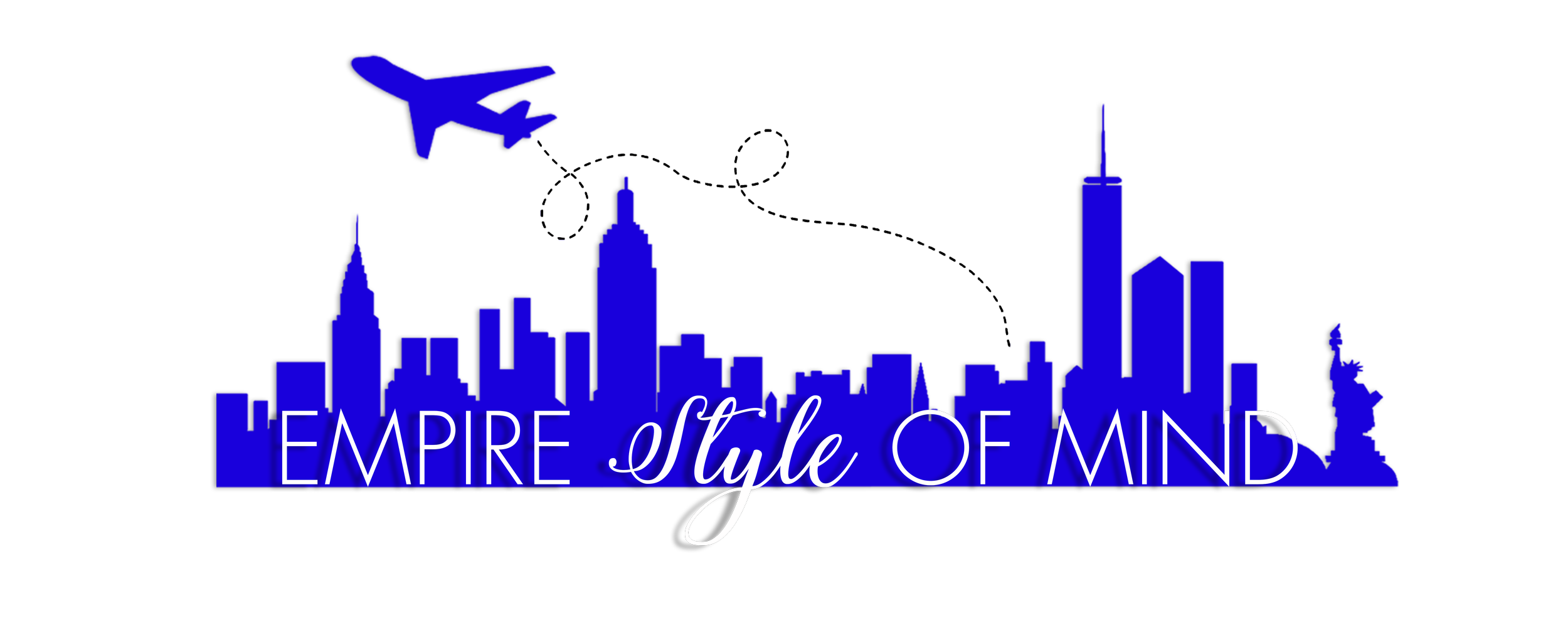Fair Seas Ahead
Okay, so let's talk a little more about production... We're going to talk about a seemingly unassuming garment -- the t-shirt. The life of a t-shirt generally begins in a cotton field, typically in the U.S., China, or India, where the overwhelming majority of cotton is grown in the world. The balls of cotton are extracted from the plant using a cotton gin which separates the seeds and the chaff. Then, bales of cotton fibers are spun into loose strands by a loom and made into a rough greyish fabric. This fabric is treated with heat and chemicals where it will take on its final appearance, including bleaching, printing, and dyeing the fabric. Now that the fabric is "finished," it must be cut and sewn, but it will usually travel long distances before this next step. Factories are not situated based on efficiency and generally do not coordinate on the production of the fabric much at at all. At the cut and sew stage, many thousands of workers sit at small cramped tables amidst stinking crumbling factories where they work night and day at repetitive small tasks in a t-shirt assembly line. Further, 15% or more of the fabric will end up on the cutting room floor as waste. Finally the t-shirt is ready to send to the consumer -- yet another long journey for the garment -- and it can finally be sold. Now consider the immense waste that has gone into this t-shirt -- the 2,700 liters of water, the pollution from the factories and transportation trucks and planes and boats, the fabric scraps that wind up in landfills, the water and energy that goes into washing and drying the shirt, then when the shirt gets a hole and you throw it into a landfill... Check out this quick video about all that goes into your t-shirt:
And that's all just for a t-shirt, a relatively simple garment to produce. Think about how egregious blue jeans are... If I'm going to talk the talk with sustainable fashion, I know I've got to walk the walk. I'll be honest in saying that it's not easy but I've been constantly finding new and awesome companies that focus on the sustainable and transparent production of their goods. Almost the entirety of my outfit here is sustainable: the round beach blanket from Fair Seas Supply Co., the striped t-shirt from Reformation, and the recycled denim shorts from Aritzia that were sourced from old jeans and made into these cutoff shorts. I'm out to prove that being sustainable does not mean you have to dress like a hippie; it's super stylish to care about what you wear.













